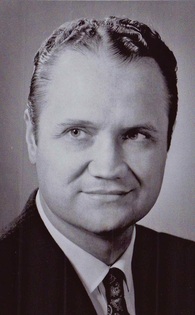
4. Self-determination and self-confidence are ways we have of describing people who use their free will.
5. The freedom to keep things as they are is also a manifestation of free will.
- We cannot “change everything in life” but the degree to which we try and are successful “we can speak of self-determination.”
- People whom we perceive as self-confident “tend to make a difference in the course of events.”
- Self-realized people expect to live successful lives; given obstacles or setbacks, they revise their plans, they continue to come at life through their choices.
- Freedom is often equated with growth and growth with change, but people can choose not to change, to be satisfied in the moments of their daily lives, especially if their self-determined goals have been attained.
My take-aways:
1. We vary widely in how we come at life. Think of the workplace or your community and the people who make a difference. A leader may be unsure of outcomes and may have to take risks but the leader has the self-confidence to play the probabilities and try to a make a difference.
2. We are never totally bound by our environment. Given the ability to think, we give meaning to what unfolds. In the horrors of the concentration camp at Auschwitz, Viktor Frankl chose to experience wonder and great beauty in a magnificent sunset. We always have choice. Even when our situation seems overwhelming. Even when everything seems to be in our way or against us. There is choice.
3. People can behave arbitrarily. As a manager you may arrange every contingency, every reinforcement by the book to change the behavior of an employee, and yet the employee does not act differently. There may be times when you scratch your head and just can't figure out what is going on. Ultimately people change only when they choose to change.
Image of Joseph Rychlak in the 1960s. Courtesy of L. Rychlak and used with her permission.
Rychlak, J. F. (1979). Discovering free will and personal responsibility. New York: Oxford University Press.
 RSS Feed
RSS Feed